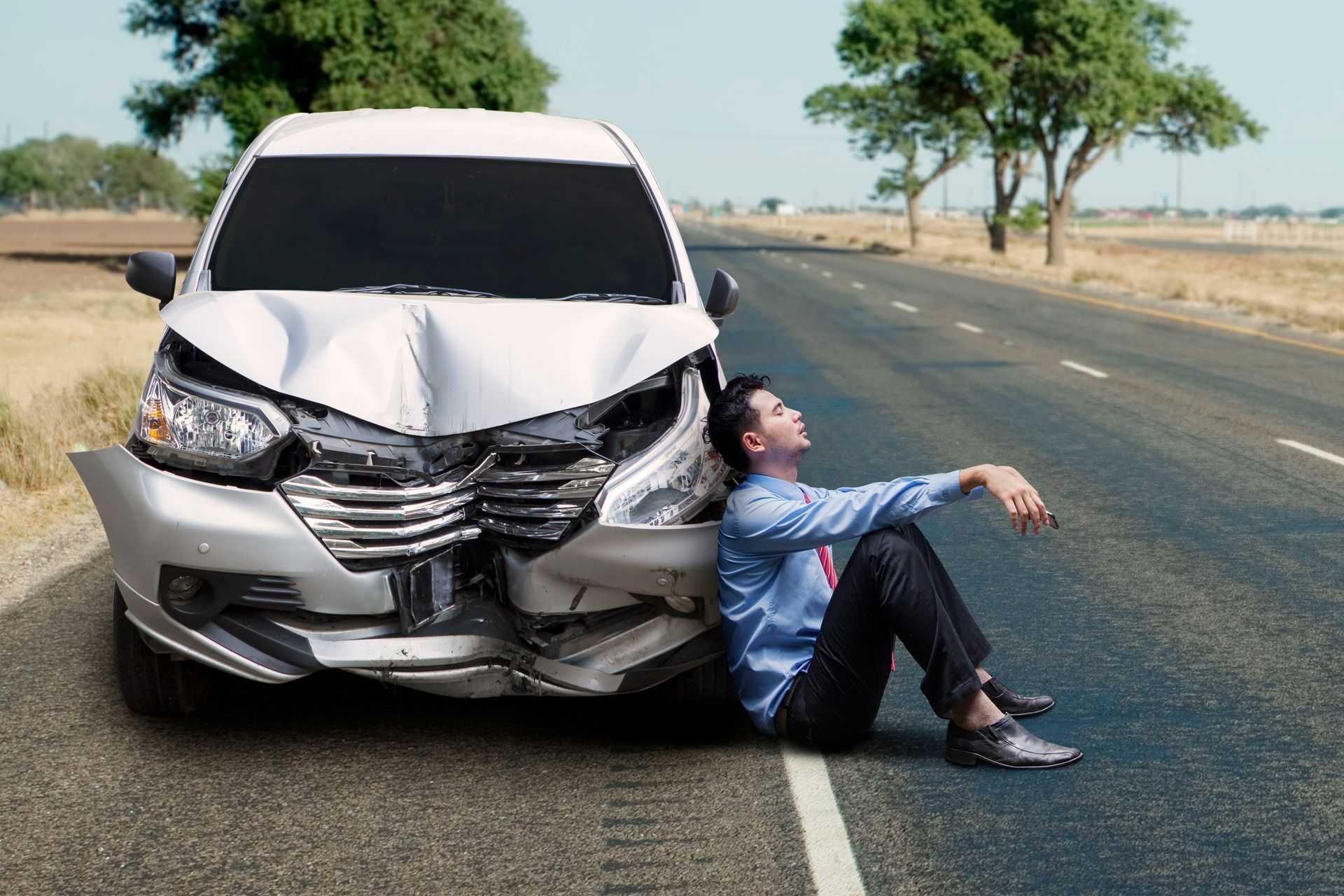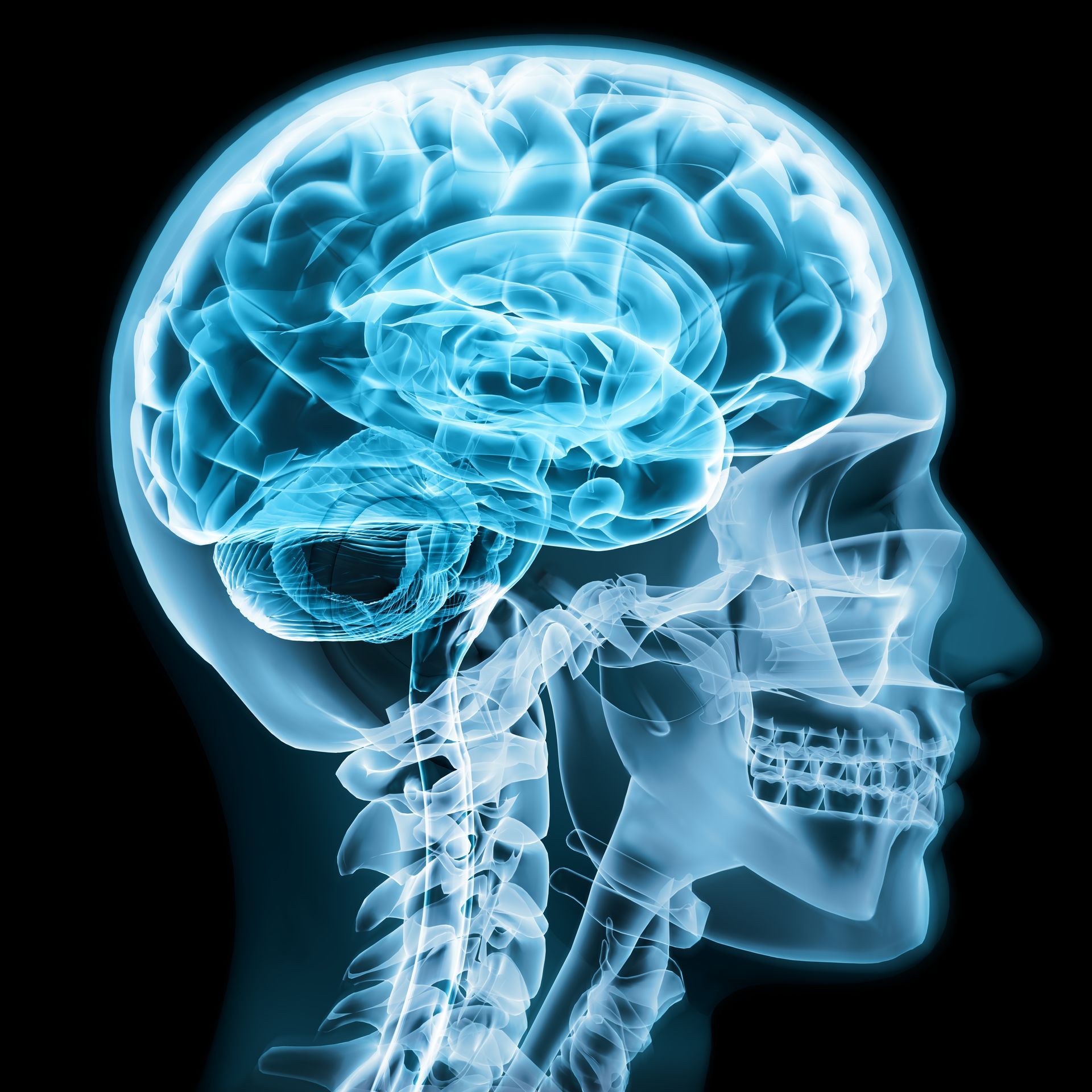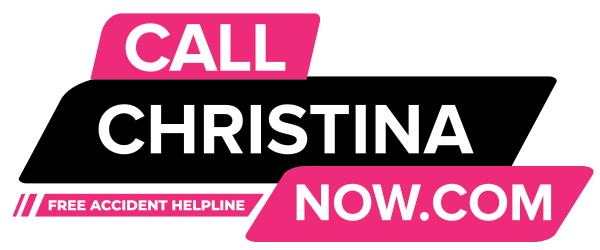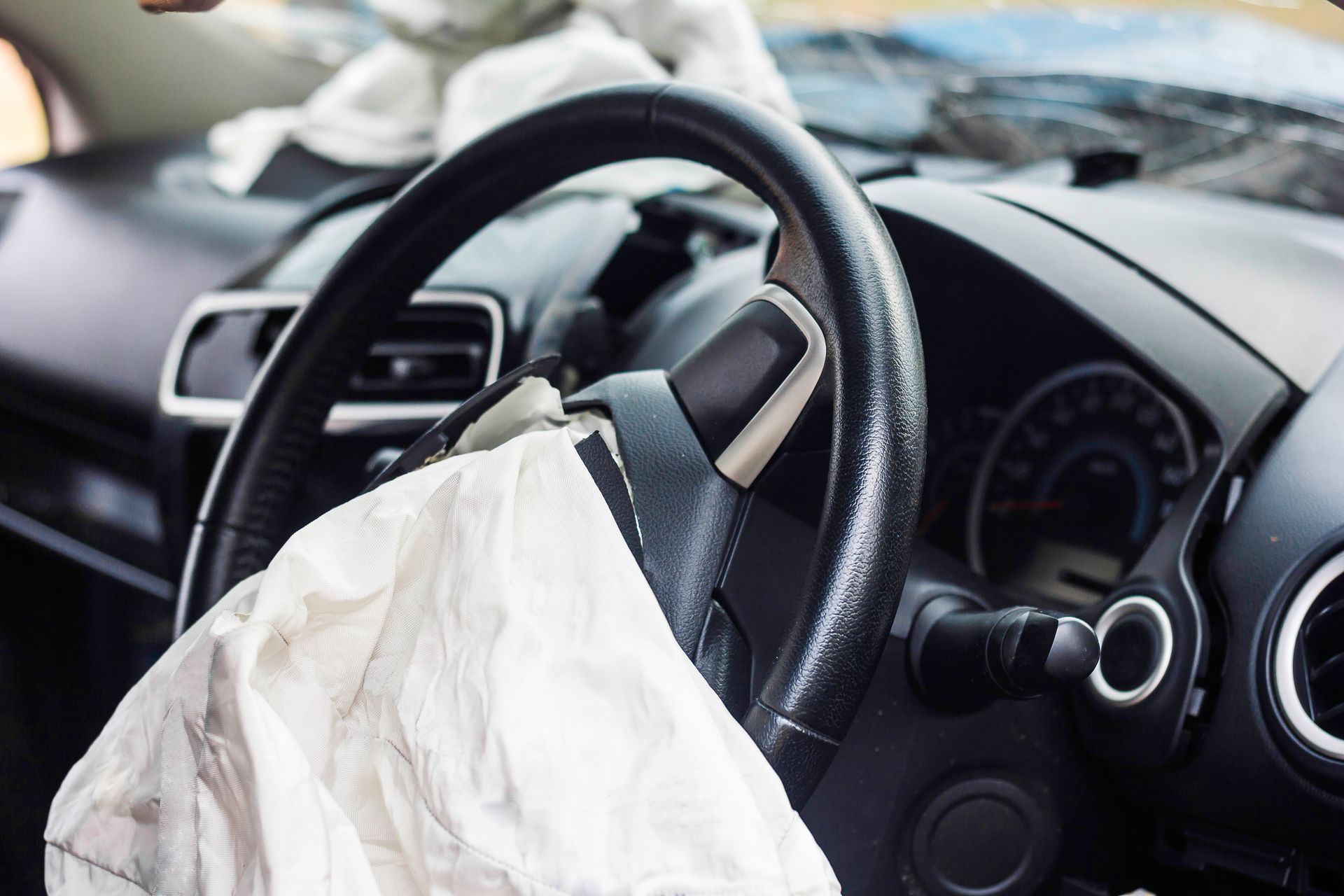What Not to Do After a Car Accident in Arizona: Avoid These Common Mistakes

Experiencing a car accident can be overwhelming, but knowing what actions to avoid is crucial for your safety, legal protection, and overall well-being. Here's a comprehensive guide on what not to do after a car accident, followed by essential steps to take and signs of potential injuries to monitor.
Do Not Leave the Scene
Leaving the accident site, especially if there are injuries or significant damage, can result in criminal charges and complicate your ability to file an insurance claim. Always remain at the scene until authorities arrive and it's appropriate to leave.
Do Not Admit Fault
Even if you believe you may be at fault, avoid making statements that could be interpreted as an admission of guilt. Determining fault is a complex process that should be left to law enforcement and insurance companies after reviewing all evidence.
Do Not Neglect Calling the Police
It's crucial to report the accident to the police, especially if there are injuries or significant property damage. A police report provides an official account of the incident, which is vital for insurance claims and legal proceedings.
Do Not Forget to Exchange Information
Ensure you exchange names, addresses, phone numbers, driver’s license numbers, license plate numbers, and insurance details with all parties involved. Additionally, gather contact information from any witnesses.
Do Not Move Injured Individuals Unless Necessary
If someone is injured, avoid moving them unless there's an immediate danger, such as a fire. Moving an injured person can potentially cause further harm.
Do Not Sign Documents
Without Full Understanding
Refrain from signing any documents, especially those from the other driver's insurance company, unless you're certain of their implications. It's advisable to consult with an attorney before signing anything that could affect your rights.
Do Not Overlook
Documenting the Scene
Take comprehensive photos of the accident scene, including all vehicle damages, any visible injuries, and relevant road conditions or signs. This documentation can be invaluable for insurance claims and potential legal matters.
Do Not Skip
Medical Evaluation
Even if you feel fine, some injuries might not manifest immediately. Seeking prompt medical attention ensures that any hidden injuries are diagnosed and treated early.
Do Not Discuss the Accident
on Social Media
Avoid posting details or opinions about the accident or your injuries online. Such posts can be used against you in legal or insurance proceedings.
Do Not Delay Notifying Your Insurance Company
Inform your insurance provider about the accident as soon as possible to initiate the claims process. Delaying this notification can complicate your claim.
Do Not Settle Without
Legal Consultation
Before accepting any settlement offers, especially if there are significant damages or injuries, consult with an attorney to ensure you're receiving fair compensation.

Watch for Signs of a
Traumatic Brain Injury (TBI)
Even if there’s no visible head trauma, a TBI can happen during a car crash. It’s important to recognize early signs and seek medical help right away.
Common Symptoms of a TBI:
- Loss of consciousness – Even briefly, this can indicate a serious head injury.
- Persistent headache – Especially if it worsens over time.
- Dizziness or balance problems – Feeling off-balance or lightheaded is a warning sign.
- Nausea or vomiting – Especially hours after the accident.
- Confusion or memory issues – Trouble recalling events or feeling disoriented.
- Mood swings or behavioral changes – Feeling unusually angry, sad, or anxious.
- Blurry vision or ringing ears – Sensory changes can point to brain trauma.
- Seizures – Always a medical emergency after head trauma.
- Sleep issues – Sleeping too much or too little.
- Dilated pupils or vision changes
- Slurred speech
- Weakness or numbness in limbs
If you or a loved one shows any of these symptoms, seek medical attention immediately. Even mild TBIs can worsen without treatment.
Don’t Risk Your Recovery
A car accident can turn your world upside down. But knowing what not to do—and what steps to take—can help you protect yourself legally, physically, and financially. Be proactive, stay informed, and never hesitate to ask for help.
If you’ve been in a car accident and don’t know where to turn, CALL CHRISTINA NOW.
You deserve to be protected, supported, and guided every step of the way.

